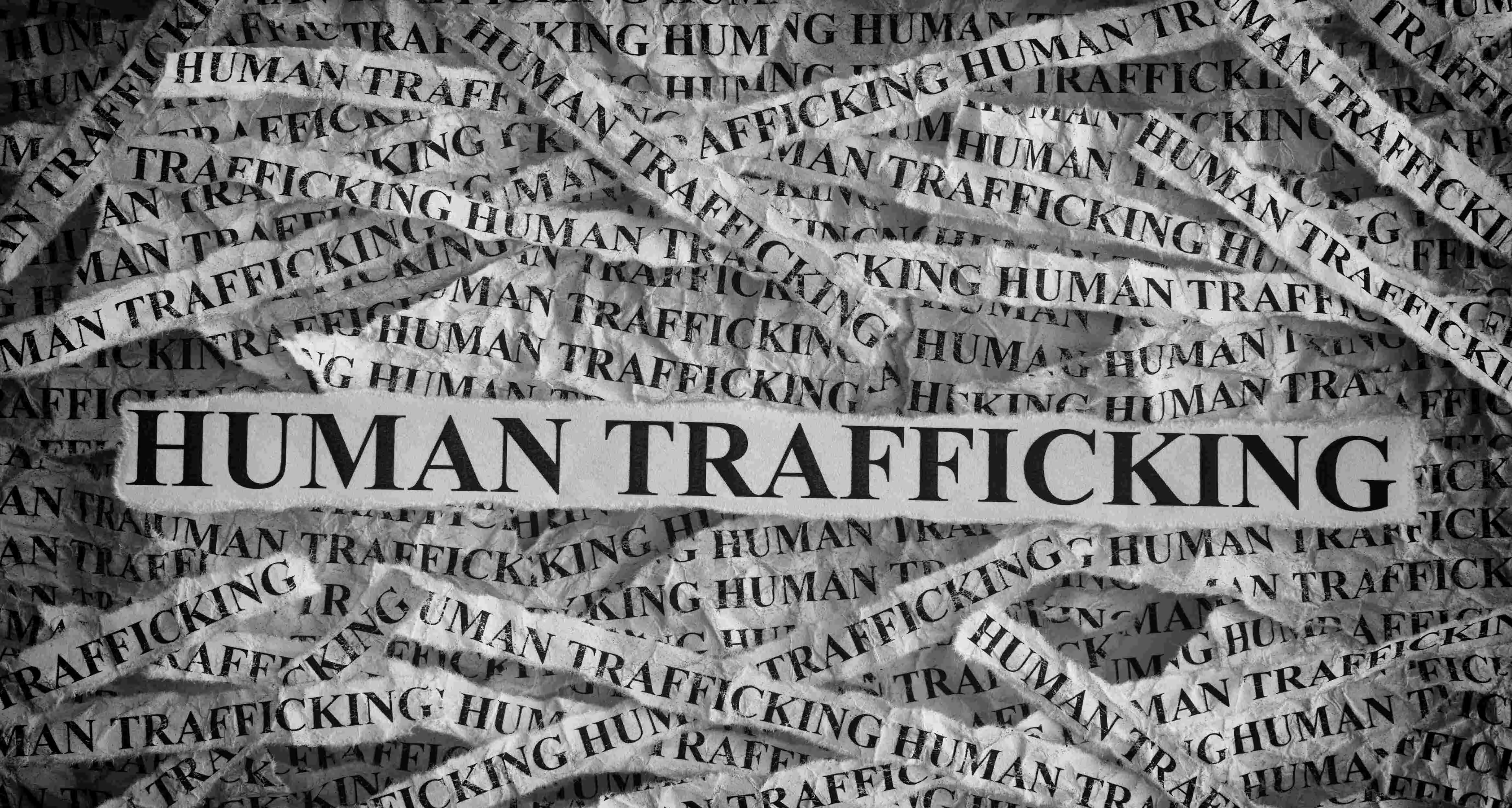Stealing Lives: 6,036 trafficking victims in India 2022; Telangana reports high in South
The dats is as per the latest National Crime Records Bureau (NCRB)
By Sulogna Mehta
Representational Image.
Hyderabad: A total of 6,036 persons were reportedly subjected to trafficking in India in 2022. Out of these, 2,878 were children and 3,158 were adults.
A total of 2,250 cases of human trafficking were registered in 2022 as compared to 2,189 cases in 2021, showing an increase of 2.8 per cent, as per the latest National Crime Records Bureau (NCRB) data.
Through human trafficking, many have been sent into forced labour (3,335), sexual exploitation (1,983), domestic servitude (204) and forced marriage (195).
Among the southern states, Telangana recorded the maximum number of human trafficking cases (704) followed by Andhra Pradesh (293), Kerala (171), Karnataka (65) and Tamil Nadu (5). However, many more trafficking cases go unreported and escape police radar. The recorded numbers might be just the tip of the iceberg where actual numbers are concerned.
ILFAT – A pan-India forum by survivors of trafficking
To make the nation free from all forms of human trafficking and to strengthen survivors’ testimonies, the first pan-India platform by and for the survivors of human trafficking called ILFAT (Integrated Leadership Forum Against Trafficking) just got registered as a non-profit organisation.
It was conceptualised in 2019-end and currently has 12 survivor collectives spread across seven states (Andhra Pradesh, Tamil Nadu, West Bengal, Chhattisgarh, Bihar, Rajasthan and Jharkhand) with a total membership of over 4,500 survivors. The forum plans to include survivors from more states shortly.
They have come together to free the country from all forms of trafficking, slavery, and violence and collaborate with stakeholders including the government, media and multilateral organisations in the anti-human trafficking ecosystem.
Right now, they are focusing on creating awareness among people, including school children about trafficking.
Case studies
Here are a couple of case studies by survivor leaders of ILFAT from Andhra Pradesh’s Vimukti and Tamil Nadu’s Erode District Women Federation (EDWF).
The cases show the challenges and obstacles overcome by these survivor leaders in their respective journeys as they not only triumphed over their trauma, embarked on a journey of economic independence and are now working towards their goal of preventing other humans from falling into the trap of trafficking.
A fight to flag exploitation of industrial workers
Janaki, a 28-year-old woman from Erode in Tamil Nadu is the secretary of the Garments and General Workers’ union and guides women around her to contribute to the society’s development.
“My ultimate goal is to flag the exploitation of industrial workers in the textile industry. I have learnt about the details of exploitation from my own gruelling experience,” she said while narrating her journey.
“When I was 19 years old, I was lured into working in the textile industry of Coimbatore by a neighbour who promised me good wages and the prospect of higher studies with work on behalf of the industry management.
“Later I found out that the neighbour was an agent who got a commission of Rs 3,000 from the industry management for getting me to work. On joining the mill, I was forced to do back-breaking work for more than 12 hours a day with a small break for lunch. Frequent night shifts and no holidays, even on festivals, meant my dream to study along with my job remained just a dream,” said Janaki.
“Low wages, a lack of proper protective gear at the workplace, and unhygienic hostel rooms and toilets made me fall ill frequently. I wasn’t even allowed to rest during my menstrual cycle and was given pills to forcefully stop the menstruation, which severely affected my health,” she said.
Besides the verbally abusive wardens, Janaki did not have any freedom to move about and was not even allowed to contact her family on her mobile phone. When she could not take it anymore and wanted to quit, the management did not permit her to do that.
“It was after my parents approached the NGO ‘READ’ for help, their team rescued me from the textile industry. Since then, READ has helped me with various training sessions to empower me,” she said.
“I joined ILFAT to raise on a national level the issues and inhuman conditions that the workers of the textile industry are facing. Like me, there are many helpless Janakis out there to be rescued and rehabilitated from the grips of exploitative management,” she said.
Survivor raising awareness and helping others
Rajini was 17 when she had an inter-caste marriage with her lover in Vijayawada. But after a few years, he left Rajini, who then worked very hard on a daily wage to take care of her two small daughters.
Dire situations pushed her into sex work and she went through severe abuses. She was rescued in 2018 and her life took a significant turn after she found motivation through the platform of Vimukthi - a survivors’ collective.
Eventually, she came out of depression and learned many skills while working there and at ILFAT to raise awareness about human trafficking, its prevention, and survivor rights.
Currently serving as the vice president of Vimukthi and council member of ILFAT, Rajini has done policy advocacy with government officials, works as a social defender to help survivors in crisis, runs awareness programmes and hopes to start a beauty parlour if she gets an opportunity in future.
Human trafficking statistics in India and the southern states, 2022
The information is based on annual data as provided by States/Union Territories from their Anti-Human Trafficking Units to the National Crime Records Bureau (NCRB).